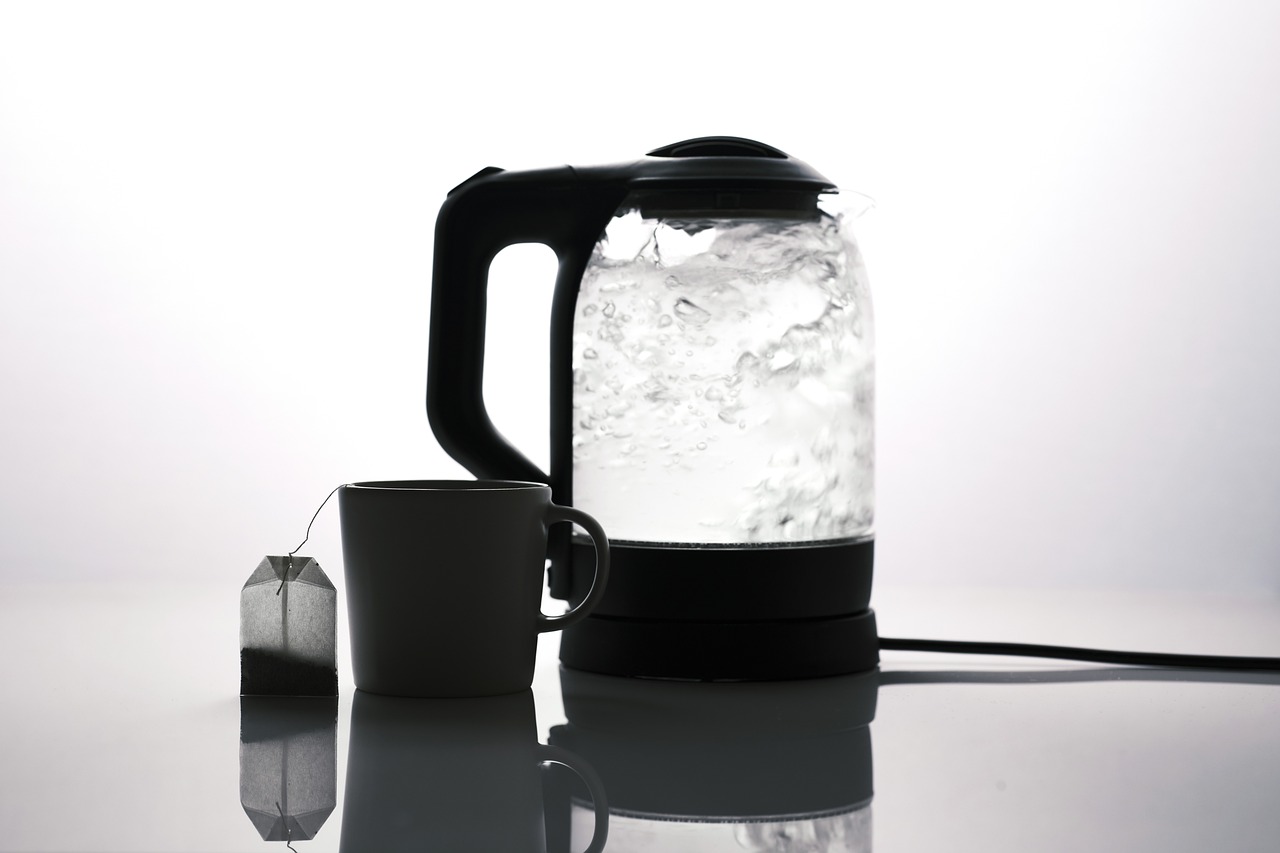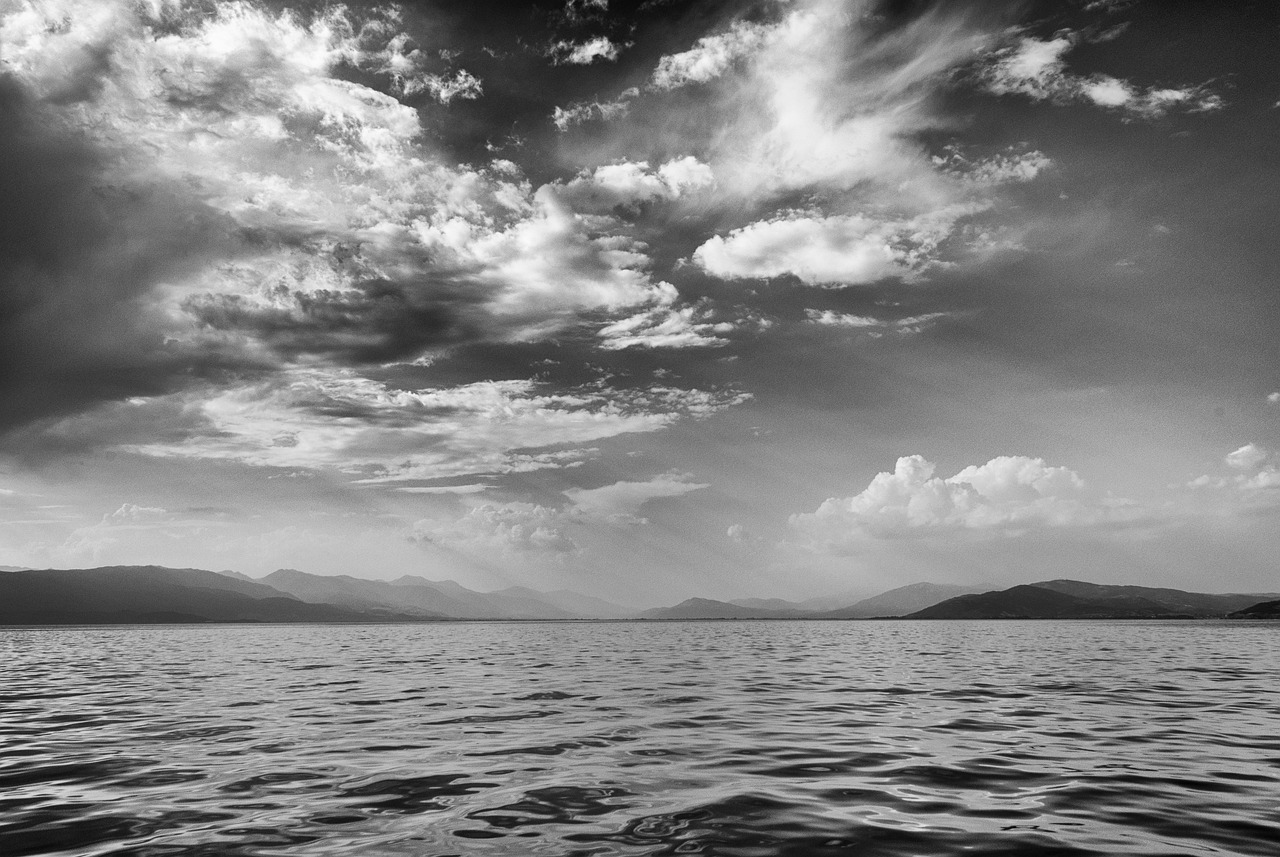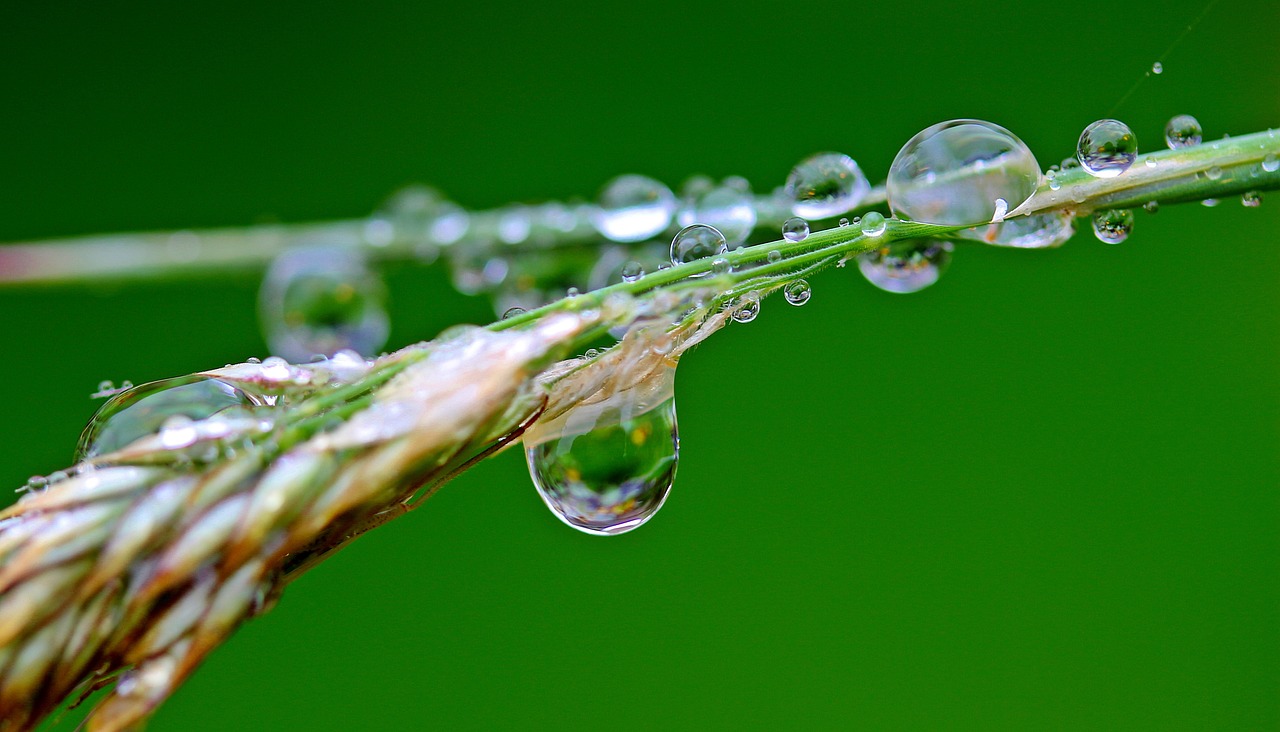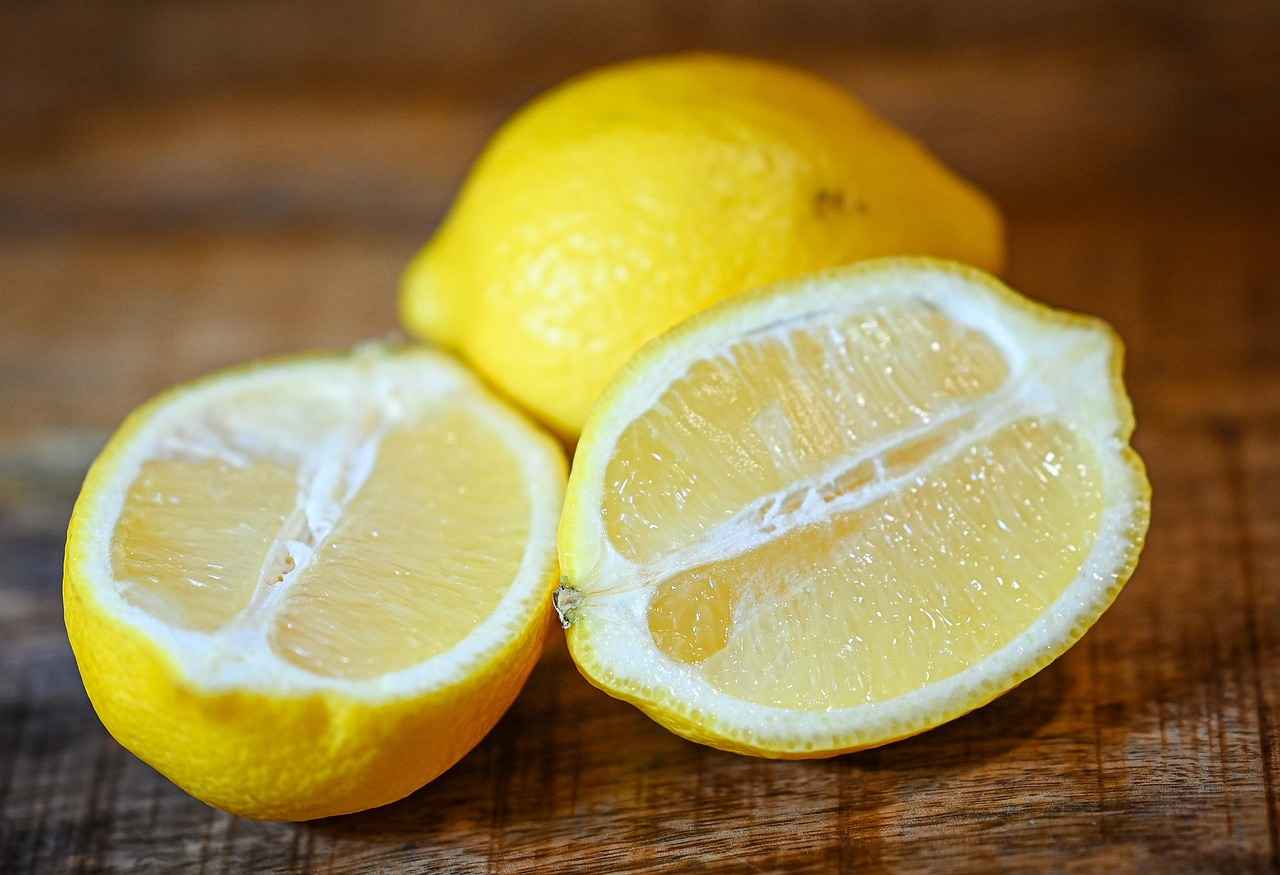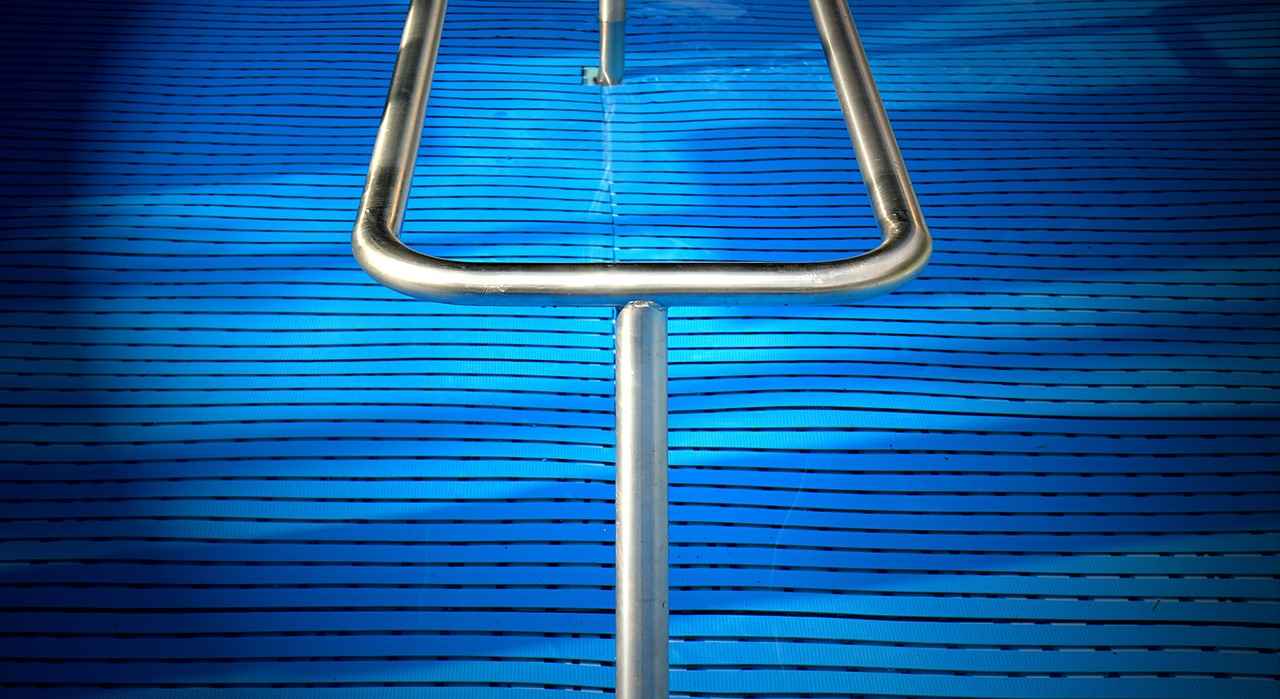The phenomenon known as the Mpemba effect is a fascinating subject that challenges our understanding of thermodynamics. It is the observation that, under specific conditions, hot water can freeze faster than cold water. This article aims to unravel the complexities of this effect by examining its historical context, scientific principles, and practical implications.
Understanding the Mpemba Effect
The Mpemba effect is named after Erasto Mpemba, a Tanzanian student who, in 1963, observed that hot ice cream mix froze faster than a cold one. This observation sparked interest and debate among scientists, leading to various studies aimed at uncovering the reasons behind this counterintuitive phenomenon. Its significance lies not only in its challenge to conventional wisdom but also in its potential applications across multiple disciplines.
The Science Behind the Phenomenon
Several theories have been proposed to explain why hot water might freeze faster than cold water. These include:
- Evaporation: Hot water experiences greater evaporation than cold water, which reduces its mass. This mass loss can lead to quicker freezing.
- Cooling Rates: Hot water loses heat more rapidly than cold water, which can influence the time it takes to reach freezing temperatures.
- Surface Area: The increased surface area of hot water due to evaporation enhances the cooling process, allowing for faster heat loss.
- Convection Currents: Hot water creates convection currents that help distribute temperature evenly, further accelerating the cooling process.
Experimental Evidence Supporting the Mpemba Effect
Numerous experiments have been conducted to validate the Mpemba effect. One landmark study involved placing equal volumes of hot and cold water in identical containers and observing the freezing times. Results varied, but many experiments demonstrated that hot water sometimes froze faster. More contemporary research continues to explore this phenomenon, with some studies supporting it while others challenge its consistency.
Famous Experiments in History
One of the most notable experiments was conducted by physicists at the University of Oregon, who found that the Mpemba effect occurs under specific conditions, such as the initial temperature of the water and the environment in which it freezes. These findings have sparked further inquiry into the underlying mechanisms of the effect.
Contemporary Research Findings
Recent studies have sought to clarify the conditions under which the Mpemba effect occurs. Some researchers suggest that factors like impurities in the water and the container material can influence the results, leading to a more nuanced understanding of this phenomenon.
Implications of the Mpemba Effect
The Mpemba effect has practical implications in various fields, including:
- Food and Beverage Industry: Understanding the Mpemba effect can enhance freezing techniques in food preservation, potentially leading to better quality products.
- Climate Science: Insights into water behavior, particularly regarding freezing and melting, can contribute to our understanding of climate dynamics.
In summary, the Mpemba effect is a remarkable phenomenon that invites further exploration. Its implications stretch across scientific disciplines, offering opportunities for innovation and deeper understanding of the natural world.

Understanding the Mpemba Effect
The Mpemba effect is a fascinating and somewhat perplexing phenomenon that has intrigued scientists for centuries. It refers to the observation that, under specific conditions, hot water can freeze faster than cold water. This counterintuitive effect has sparked numerous discussions and debates in the scientific community, making it a significant topic in both historical and contemporary research.
The term “Mpemba effect” is named after a Tanzanian student, Erasto Mpemba, who in the 1960s observed this phenomenon while making ice cream. He noted that hot mixtures froze more quickly than their colder counterparts. This observation led him to present his findings to a physics professor, which ignited further inquiry into the mechanisms behind this effect.
Historically, the Mpemba effect has been documented in various cultures and scientific texts, with early references dating back to Aristotle. However, it wasn’t until the 20th century that systematic studies began to explore the underlying principles driving this phenomenon. Several experiments have been conducted to validate the Mpemba effect, leading to a variety of hypotheses regarding its causes.
One of the most widely discussed theories revolves around the concept of evaporation. Hot water tends to evaporate more rapidly than cold water, which can lead to a reduction in mass. This loss of water can result in a smaller volume that needs to freeze, potentially allowing it to reach freezing temperatures faster.
Another contributing factor is the cooling rate. Hot water may lose heat more quickly due to a higher temperature gradient compared to cold water. This rapid heat loss can facilitate a quicker transition to the freezing point. Additionally, the surface area of the water plays a role; as hot water evaporates, it may create a larger surface area that enhances heat dissipation.
Convection currents also play a significant role in the Mpemba effect. When water is heated, it creates convection currents that help distribute temperature evenly throughout the liquid. This uniform temperature distribution can contribute to a more efficient cooling process, allowing hot water to freeze faster.
Numerous experiments have aimed to validate the Mpemba effect, with mixed results. Some studies have confirmed the phenomenon under specific conditions, while others have failed to replicate the results. This inconsistency has led to ongoing research, with scientists exploring various factors that might influence the Mpemba effect, such as the properties of the water used, environmental conditions, and the specific freezing methods applied.
Understanding the Mpemba effect has practical implications across various fields. In the food and beverage industry, for instance, knowledge of this phenomenon can impact freezing techniques and food preservation methods. Manufacturers can optimize freezing processes to enhance product quality and shelf life.
Moreover, the Mpemba effect may have implications for climate science. By understanding how water behaves under different temperature conditions, scientists can gain insights into environmental changes and their effects on water bodies. This knowledge can contribute to better predictions of climate behavior and water resource management.
In conclusion, the Mpemba effect remains a captivating topic that bridges historical observations with modern scientific inquiry. Its implications stretch across various disciplines, highlighting the importance of continued research and exploration into this intriguing phenomenon.

The Science Behind the Phenomenon
The phenomenon of hot water freezing faster than cold water, known as the Mpemba effect, has intrigued scientists and laypeople alike for centuries. The science behind this counterintuitive observation encompasses several key principles, including evaporation, convection, and supercooling. Understanding these concepts can shed light on why hot water sometimes freezes more rapidly than its colder counterpart.
One of the primary theories explaining the Mpemba effect is evaporation. When hot water is placed in a freezing environment, a significant amount of water can evaporate due to its higher temperature. This loss of mass results in a smaller volume of water that needs to freeze, which can lead to quicker freezing times. The evaporation process not only reduces the amount of water but also cools the remaining liquid more rapidly, enhancing the freezing process.
Another important factor is the rate of heat loss. Hot water tends to lose heat more quickly than cold water. This is due to the temperature gradient between the water and its surroundings. As hot water cools, it releases heat energy into the environment at a faster rate, potentially leading to a quicker drop in temperature. This rapid cooling can facilitate faster freezing, especially when the surrounding conditions are conducive to ice formation.
The surface area of the water can also play a crucial role in the freezing process. As hot water evaporates, its surface area increases, allowing for more efficient heat exchange with the surrounding environment. A larger surface area means that more heat can be lost to the air, thereby accelerating the cooling and freezing process. This principle is particularly evident in shallow containers where the surface area is maximized.
Hot water creates convection currents within itself as it cools. These currents help distribute temperature evenly throughout the liquid, preventing localized areas of warmer water from slowing down the freezing process. The movement of water facilitates a more uniform cooling rate, which can contribute to the overall speed at which the water freezes. In contrast, cold water may not generate the same level of convection currents, leading to uneven cooling.
Supercooling is another phenomenon that can influence the freezing rates of hot and cold water. Supercooling occurs when water is cooled below its freezing point without actually turning into ice. Hot water, due to its unique properties and the disturbances caused by evaporation and convection, may be less likely to supercool compared to cold water. As a result, once it reaches the freezing point, it may transition to ice more rapidly.
Numerous experiments have been conducted to validate the Mpemba effect, with varying results. Some studies have successfully demonstrated that under specific conditions, hot water can indeed freeze faster than cold water, while others have found no significant difference. These experiments often highlight the complexities involved, suggesting that factors such as container type, environmental conditions, and initial temperatures all play a role in the outcome.
In summary, the Mpemba effect is a fascinating phenomenon that reveals the complexities of thermodynamics and fluid dynamics. By exploring the roles of evaporation, heat loss, surface area, convection currents, and supercooling, we gain a deeper understanding of why hot water can freeze faster than cold water under certain conditions. Continued research in this area promises to enhance our knowledge of water’s behavior in various environments.
The Role of Evaporation
The phenomenon known as the Mpemba effect has intrigued scientists and curious minds for centuries. One of the key factors contributing to this counterintuitive observation, where hot water freezes faster than cold water, is evaporation. In this section, we will explore how the loss of mass through evaporation in hot water can significantly influence the freezing process.
When water is heated, its molecules gain energy and move more vigorously. This increase in kinetic energy leads to a higher rate of evaporation. As the hot water loses some of its mass through evaporation, the overall volume decreases, which can result in a quicker cooling process. This is crucial because the reduction in mass means there is less water to freeze, thereby accelerating the time it takes for the remaining water to reach its freezing point.
To further understand this process, consider the following points:
- Increased Surface Area: Hot water tends to evaporate more rapidly, which increases the surface area exposed to the air. This larger surface area allows for more heat to escape, facilitating a faster cooling rate.
- Temperature Gradient: As hot water evaporates, it creates a temperature gradient between the remaining water and the surrounding environment. This gradient enhances heat loss, further promoting rapid cooling.
- Concentration of Solutes: If the water contains any impurities or solutes, evaporation can lead to a higher concentration of these substances in the remaining water. This change can affect the freezing point, potentially leading to quicker freezing.
Moreover, the evaporation of hot water can create a cooling effect that is not present in cold water. When water evaporates, it absorbs heat from the remaining liquid, which can help lower the temperature of the water more effectively than in cold conditions. This process is known as latent heat of vaporization, where energy is consumed to convert liquid water into vapor, resulting in a cooling effect.
Additionally, the rate of evaporation is influenced by environmental factors such as humidity, airflow, and temperature. In a dry and windy environment, evaporation rates increase significantly, further enhancing the cooling process of hot water. This means that in certain conditions, hot water can freeze faster than cold water due to the combined effects of evaporation and heat loss.
In conclusion, evaporation plays a pivotal role in the Mpemba effect, making it a fascinating area of study. By understanding the mechanisms behind evaporation, scientists can gain insights into not only the freezing process of water but also broader implications in fields such as climate science and engineering. The exploration of this phenomenon continues to yield new discoveries, challenging our understanding of thermodynamics and the behaviors of water.
Heat Loss and Cooling Rates
The phenomenon of hot water freezing faster than cold water, known as the Mpemba effect, has intrigued scientists and laypeople alike for centuries. One critical aspect of this effect is heat loss and the corresponding cooling rates of hot and cold water. Understanding how heat loss contributes to faster freezing times is essential for grasping the complexities of this counterintuitive observation.
When hot water is exposed to a cooler environment, it experiences a more significant rate of heat loss compared to cold water. This can be attributed to several factors:
- Temperature Gradient: The greater the difference between the temperature of the water and the ambient temperature, the faster the heat will dissipate. Hot water, having a higher temperature, will lose heat more rapidly until it reaches equilibrium with its surroundings.
- Convection Currents: Hot water creates convection currents that facilitate the movement of warmer water to the surface, allowing cooler water to take its place. This constant circulation enhances the cooling process, leading to a quicker drop in temperature.
- Evaporation: As hot water loses heat, a portion of it evaporates. This loss of mass not only reduces the volume of water that needs to freeze but also contributes to cooling, as the process of evaporation requires energy, which is drawn from the remaining water.
These factors combined create an environment where hot water can reach freezing temperatures faster than cold water. In experiments, this has been observed consistently, although specific conditions can influence the extent of the effect.
Furthermore, the cooling rate is also affected by the container in which the water is held. For instance, a larger surface area allows for more efficient heat transfer, which can further accelerate the cooling of hot water. This is particularly relevant in shallow containers where the water can spread out, maximizing exposure to cooler air.
Another intriguing aspect of the heat loss phenomenon is the concept of supercooling. Cold water can sometimes be cooled below its freezing point without solidifying, due to the absence of nucleation sites. Conversely, hot water, having undergone more vigorous movement and evaporation, may not experience supercooling to the same extent, thus transitioning to ice more readily once it reaches the freezing point.
In conclusion, the interplay of heat loss and cooling rates is a fundamental aspect of understanding why hot water can freeze faster than cold water. The significant temperature gradient, enhanced convection currents, and evaporation all contribute to this fascinating phenomenon. As research continues, the Mpemba effect remains a compelling subject for scientific inquiry, offering insights into the behaviors of water under varying conditions.
Surface Area Implications
The phenomenon of hot water freezing faster than cold water, known as the Mpemba effect, has intrigued scientists and laypeople alike for decades. One of the critical factors contributing to this surprising occurrence is the surface area of the water. In this section, we will delve into how increased surface area due to evaporation can significantly impact the freezing process.
When hot water is exposed to air, it experiences a rapid rate of evaporation. This process not only reduces the volume of water but also increases the overall surface area that is in direct contact with the surrounding environment. The larger the surface area, the more efficiently heat can be dissipated from the water. This increased exposure allows for a more effective transfer of heat, leading to a quicker cooling process.
To illustrate this concept, consider a shallow dish filled with hot water versus a deep container with the same volume of hot water. The shallow dish has a significantly larger surface area, allowing for more rapid evaporation and heat loss. As the hot water evaporates, the remaining water cools down faster because the energy required to maintain the temperature is continuously being reduced through the loss of mass and heat.
Furthermore, the rate of cooling is also influenced by the temperature gradient between the water and its surroundings. In a container with a larger surface area, the temperature difference is more pronounced, enhancing the rate at which heat is transferred away from the water. This principle is crucial in understanding why hot water can freeze faster than cold water under specific conditions.
| Container Type | Surface Area (Approx.) | Cooling Rate |
|---|---|---|
| Shallow Dish | High | Fast |
| Deep Container | Low | Slow |
In addition to evaporation, the shape of the container also plays a role in determining the surface area. For instance, a wide, shallow bowl will allow water to cool more quickly than a tall, narrow glass. The broader surface area facilitates more evaporation and heat loss, further supporting the Mpemba effect.
Moreover, as hot water cools, it can create convection currents that help distribute temperature more uniformly throughout the liquid. These currents can become more pronounced in a larger surface area setting, promoting an even faster cooling rate. The combination of evaporation, increased surface area, and convection currents all contribute to the overall efficiency of the cooling process.
In summary, the relationship between surface area and the freezing process is a critical factor in understanding the Mpemba effect. By enhancing evaporation and facilitating heat transfer, increased surface area allows hot water to cool and freeze more rapidly than its colder counterpart. This fascinating interplay of physical principles not only challenges our intuitive understanding but also opens up new avenues for exploration in both scientific research and practical applications.
Convection Currents and Temperature Distribution
The study of convection currents in hot water is a fascinating aspect of thermodynamics. These currents play a crucial role in how temperature is distributed within a liquid, significantly impacting cooling rates and the freezing process. In this section, we will explore how convection currents form in hot water and how they can accelerate the cooling process, particularly in the context of the Mpemba effect.
When water is heated, it becomes less dense and rises to the surface, while the cooler, denser water sinks. This movement creates a continuous cycle known as convection. As hot water rises, it transfers heat to the surrounding cooler water, facilitating a more even temperature distribution. This process is essential because it ensures that the entire body of water reaches a uniform temperature more quickly than if it were left to cool passively.
One of the primary reasons that hot water can freeze faster than cold water is due to the efficiency of these convection currents. As hot water cools, the convection currents help to dissipate heat more effectively. The warmer water at the surface loses heat to the air, while the cooler water below rises to take its place, creating a dynamic and efficient cooling system. This mechanism allows for a rapid decrease in temperature, which is critical when considering the freezing point of water.
Furthermore, the rate of heat loss is significantly enhanced by convection currents. Unlike stagnant cold water, which cools slowly and unevenly, hot water can lose heat rapidly due to the constant movement of water molecules. This phenomenon is especially pronounced in larger volumes of water where the convection currents can be more vigorous, leading to a quicker drop in temperature.
Additionally, the formation of convection currents can lead to localized areas of lower temperature within the body of water. As the hot water cools, these areas can facilitate the formation of ice crystals, further accelerating the freezing process. This is particularly relevant in scenarios where hot water is placed in a freezing environment, as the convection currents can create pockets of cold water that promote faster freezing.
In summary, the interplay between heat loss and convection currents is a fundamental aspect of the cooling process in hot water. The ability of hot water to create efficient convection currents not only aids in achieving a more even temperature distribution but also significantly enhances the rate at which it cools. Understanding these principles can provide insights into the broader implications of the Mpemba effect and its applications in various fields, from culinary practices to environmental science.
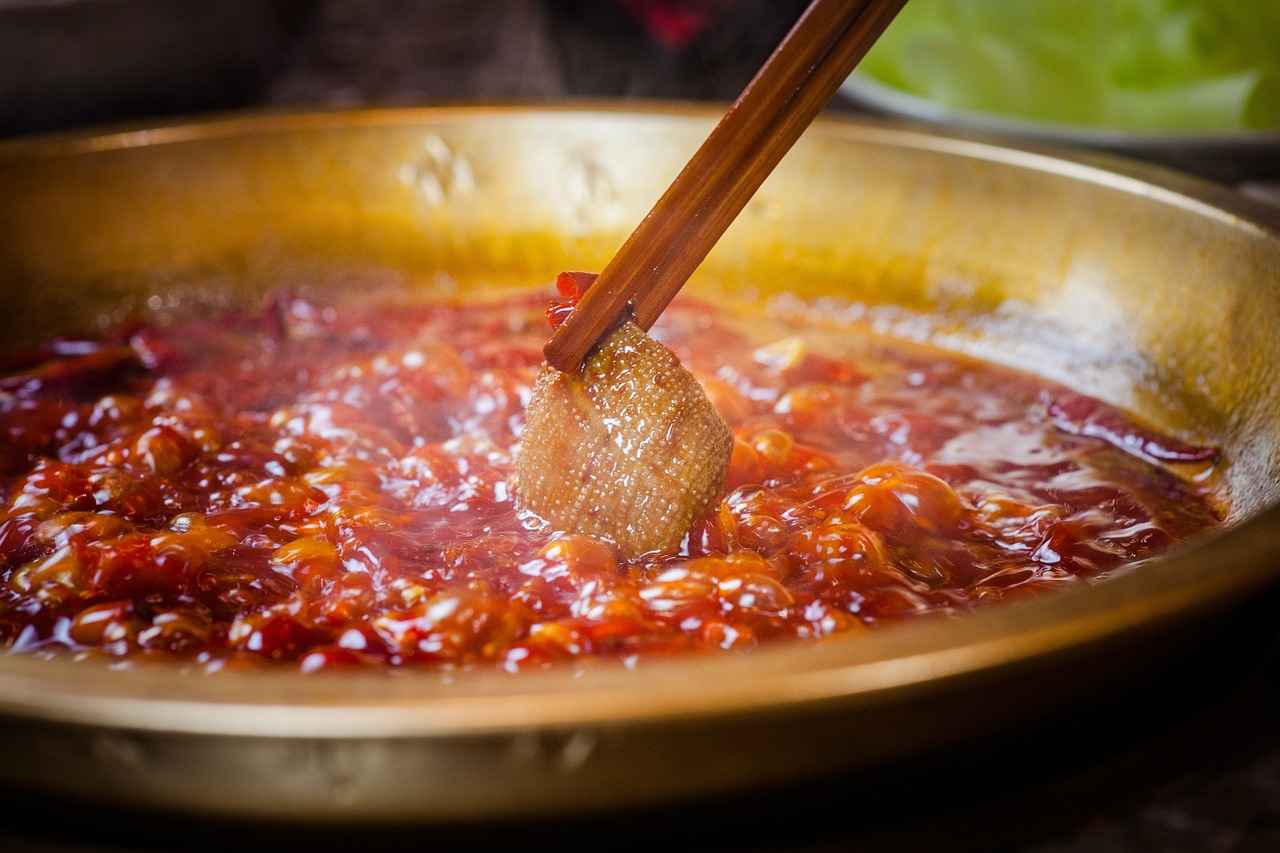
Experimental Evidence Supporting the Mpemba Effect
The Mpemba effect, a fascinating phenomenon where hot water freezes faster than cold water, has intrigued scientists for decades. Numerous experiments have aimed to validate this effect, leading to a variety of findings that either support or challenge its existence. In this section, we will summarize key studies that have explored the Mpemba effect and their significant findings.
One of the most notable experiments was conducted by Erasto Mpemba himself in the 1960s. Mpemba, a Tanzanian student, observed that ice cream mix heated to a high temperature froze faster than a cooler mix. His observations prompted further investigation, leading to a series of experiments that aimed to replicate and understand this counterintuitive behavior.
In subsequent studies, researchers have identified several factors that may contribute to the Mpemba effect. A landmark study published in the journal Physics Education in 2010 examined the freezing rates of water at different temperatures. The researchers found that under controlled conditions, hot water did indeed freeze faster than cold water. They suggested that factors such as evaporation, convection currents, and supercooling played significant roles in this phenomenon.
- Evaporation: The loss of water molecules through evaporation from the hot water sample reduces its volume, allowing it to freeze more quickly.
- Convection Currents: Hot water creates convection currents that distribute heat more evenly, which can lead to faster cooling.
- Supercooling: Cold water may remain in a liquid state below its freezing point, while hot water is less likely to supercool, thus freezing more readily.
Another significant experiment was carried out by G. A. P. van der Linde in 2015. This study involved a systematic approach to test the Mpemba effect with various types of water and environmental conditions. The findings indicated that while the Mpemba effect could be reproduced under specific conditions, it was not universally applicable. The results highlighted the importance of environmental factors, such as container shape and ambient temperature, in influencing the freezing rates of water.
Further research has continued to explore the Mpemba effect, with some studies suggesting that the phenomenon may not be consistent across all scenarios. For instance, a 2019 study in the journal Scientific Reports concluded that while hot water can freeze faster in some cases, it largely depends on the surrounding conditions and the properties of the water itself.
In summary, the experimental evidence supporting the Mpemba effect is both intriguing and complex. While some studies have successfully demonstrated that hot water can freeze faster than cold water, others have shown that this effect is not universally applicable. The ongoing research into this phenomenon continues to shed light on the intricate behaviors of water and the factors that influence its freezing process.
Famous Experiments in History
The Mpemba effect has intrigued scientists and enthusiasts alike, leading to several landmark experiments that have significantly contributed to our understanding of this phenomenon. These studies not only highlight the counterintuitive nature of the effect but also provide insights into the underlying mechanisms that may explain why hot water can freeze faster than cold water under certain conditions.
One of the earliest and most notable experiments was conducted by Erasto Mpemba himself in 1963. Mpemba, a Tanzanian student, observed that hot ice cream mix froze faster than a cold mix when placed in a freezer. His findings were initially met with skepticism, but they sparked a series of investigations into the phenomenon. In subsequent years, researchers began to replicate Mpemba’s results, establishing a foundation for further exploration.
Another significant study was performed by Professor David J. W. Smith in the late 20th century, which provided experimental evidence supporting the Mpemba effect. Smith’s experiments involved controlled environments where he meticulously varied the temperature of water samples. His findings indicated that the rate of evaporation from hot water led to a reduction in mass, which in turn resulted in faster freezing times compared to cold water. This experiment underscored the importance of evaporative cooling in the freezing process.
In 2012, a team of researchers from the University of Oregon conducted a comprehensive study that further validated the Mpemba effect. They explored the role of convection currents and temperature distribution in water. By observing the behavior of water at different temperatures, they concluded that hot water creates convection currents that facilitate even temperature distribution, thereby accelerating the cooling process. This study highlighted the complexity of the Mpemba effect and provided a modern perspective on the phenomenon.
Additionally, a 2017 experiment conducted by researchers at the University of California, Berkeley, focused on the impact of supercooling on the freezing rates of hot and cold water. Their findings revealed that hot water is less prone to supercooling, which can lead to faster freezing. This study added another layer of understanding to the Mpemba effect and emphasized the need for further exploration into the various factors that influence freezing rates.
These landmark experiments collectively contribute to a more nuanced understanding of the Mpemba effect. They demonstrate that there is no single explanation for why hot water can freeze faster than cold water; rather, it is a combination of factors such as evaporation, convection currents, and supercooling that play a crucial role. As research continues, we can expect to uncover even more about this fascinating phenomenon, potentially leading to practical applications in various fields.
In summary, the investigations into the Mpemba effect have not only validated its existence but have also opened up new avenues for scientific inquiry. The contributions of researchers such as Erasto Mpemba, David J. W. Smith, and teams from universities worldwide have laid the groundwork for a deeper understanding of the complex interactions that govern the freezing process of water. As we continue to explore this phenomenon, it is clear that the Mpemba effect remains a captivating topic within the realm of scientific research.
Contemporary Research Findings
The Mpemba effect, the phenomenon where hot water freezes faster than cold water, has intrigued scientists and researchers for decades. Recent studies have sought to further investigate this counterintuitive observation, exploring both its validity and the underlying mechanisms that may contribute to it. This section will summarize contemporary research findings that either support or challenge the Mpemba effect, providing a modern perspective on this fascinating topic.
One of the key aspects of recent investigations is the reproducibility of the Mpemba effect under various conditions. A study conducted by researchers at the University of Cape Town in 2021 provided compelling evidence supporting the phenomenon. They found that when hot water was placed in a freezer, it consistently froze faster than cold water under controlled conditions. The researchers attributed this to factors such as evaporation, which reduces the volume of water that needs to freeze, and the formation of convection currents that enhance heat distribution.
Another significant study published in the journal Nature Communications in 2022 took a different approach by examining the molecular interactions within water. The researchers suggested that the structure of hot water molecules changes as they cool, potentially leading to faster freezing rates. Their findings indicated that the arrangement of hydrogen bonds in water at elevated temperatures might facilitate a more rapid transition to the solid state.
However, not all contemporary research supports the Mpemba effect. A comprehensive review published in the Journal of Physical Chemistry in early 2023 analyzed numerous past experiments and concluded that the effect is not consistently reproducible. The authors argued that variations in experimental setup, such as differences in container materials and initial water temperatures, could lead to conflicting results. They emphasized the need for standardized protocols in future experiments to achieve reliable conclusions.
In addition to laboratory studies, some researchers have turned to computer simulations to explore the Mpemba effect. These simulations allow scientists to manipulate variables and observe the effects on freezing rates without the constraints of physical experiments. A notable simulation study from the Massachusetts Institute of Technology indicated that when hot water is subjected to rapid cooling, the molecular dynamics may favor faster crystallization, thus supporting the Mpemba effect in specific scenarios.
Furthermore, the Mpemba effect has been observed in various practical applications, leading to ongoing discussions about its implications in real-world scenarios. For instance, some studies have suggested that understanding this phenomenon could enhance freezing techniques in the food industry, potentially improving food preservation methods. Additionally, insights gained from the Mpemba effect could inform climate science, particularly in understanding how water behaves under varying temperature conditions.
Overall, contemporary research on the Mpemba effect continues to evolve, with studies both supporting and challenging its existence. As scientists delve deeper into the complexities of water behavior, the conversation around this phenomenon remains vibrant and full of potential for future discoveries.

Implications of the Mpemba Effect
The Mpemba effect, a fascinating phenomenon where hot water freezes faster than cold water, has implications that extend beyond mere curiosity. Understanding this effect can lead to practical applications in various fields, including science, engineering, and everyday life. In this section, we will explore the significance of the Mpemba effect and its relevance across different domains.
In scientific research, the Mpemba effect can serve as a valuable teaching tool. It challenges students and researchers to think critically about temperature dynamics and the properties of water. By studying this effect, scientists can gain insights into thermodynamics and the behavior of fluids under varying conditions. Moreover, the Mpemba effect can influence experimental design, prompting researchers to consider how temperature variations might impact results.
In the field of engineering, particularly in thermal management and refrigeration, understanding the Mpemba effect can lead to innovative solutions. For instance, engineers can develop more efficient cooling systems that leverage the principles behind this phenomenon. By optimizing the freezing process, industries such as food preservation and cryogenics can benefit from reduced energy consumption and improved freezing times.
In everyday life, the Mpemba effect can have practical implications for home cooks and food enthusiasts. For example, when making ice, using hot water might actually lead to quicker results than using cold water. This knowledge can save time and improve efficiency in food preparation. Additionally, understanding how hot water behaves differently in freezing conditions can help in managing household tasks more effectively.
The Mpemba effect also holds potential implications for climate science. As researchers study the behavior of water in various environmental conditions, understanding how temperature influences freezing can contribute to models of ice formation in polar regions. This knowledge is crucial for predicting climate change impacts, as it can affect sea levels and ecosystems dependent on ice.
Finally, the Mpemba effect serves as an engaging topic for educational purposes. It encourages curiosity and exploration in science classrooms, helping students grasp complex concepts related to heat transfer and phase changes. By investigating this phenomenon, students develop critical thinking skills and a deeper appreciation for the intricacies of physical science.
In conclusion, the Mpemba effect is not just an intriguing scientific curiosity; it has real-world applications across various fields. From enhancing scientific understanding to driving innovation in engineering and influencing everyday practices, the implications of this phenomenon are far-reaching. Embracing the Mpemba effect can lead to advancements that benefit both individuals and society as a whole.
Applications in Food and Beverage Industry
The Mpemba effect, the phenomenon where hot water freezes faster than cold water, has intriguing applications in the food and beverage industry. Understanding this effect can lead to innovative freezing techniques that enhance food preservation and improve product quality.
In food preservation, the speed at which food freezes is crucial. When food freezes quickly, it minimizes the formation of ice crystals, which can damage cell structures and lead to loss of texture and flavor. Utilizing the Mpemba effect can help achieve rapid freezing, thus preserving the integrity of the food.
- Enhanced Freezing Techniques: By employing hot water in the freezing process, food manufacturers can expedite freezing times. This is particularly useful in the production of frozen meals, where maintaining quality is essential.
- Improved Pasteurization: Hot water can be used in pasteurization processes, which not only kills bacteria but also prepares food for freezing. This dual benefit can streamline operations in food processing plants.
- Optimized Storage: Understanding the Mpemba effect can help companies optimize their storage techniques. For instance, using hot water in initial freezing stages may allow for more efficient use of freezer space.
Moreover, the Mpemba effect can influence the beverage industry. For example, when producing ice for beverages, utilizing hot water can lead to clearer ice cubes. This is because hot water contains fewer dissolved gases and impurities, resulting in a purer final product. Clear ice is not only visually appealing but also melts slower, enhancing the overall drinking experience.
Additionally, the application of the Mpemba effect can extend to the realm of craft beverages. Microbreweries and artisanal producers can experiment with innovative freezing methods to create unique textures and flavors in their products. For instance, rapid freezing of certain ingredients can preserve volatile compounds that contribute to aroma and taste.
Another practical application is in the realm of frozen desserts. Using hot mixtures for ice creams and sorbets can lead to a smoother texture by minimizing ice crystal formation. This can enhance the mouthfeel and overall enjoyment of the product.
In conclusion, the Mpemba effect offers exciting possibilities for the food and beverage industry. By leveraging this phenomenon, manufacturers can not only improve the quality of their products but also enhance operational efficiency. As research continues to unfold, the potential applications of the Mpemba effect in food preservation and processing are likely to expand, paving the way for innovative solutions in the industry.
Impact on Climate Science
The Mpemba effect, the phenomenon where hot water freezes faster than cold, has intriguing implications for climate science. Understanding this effect can deepen our knowledge of water behavior in a variety of environmental conditions, particularly as climate change continues to alter our ecosystems.
As global temperatures rise, the behavior of water in various states becomes increasingly critical. The Mpemba effect challenges traditional notions of thermodynamics and water’s physical properties, prompting scientists to investigate how these principles apply in real-world scenarios. One of the key areas of interest is the interaction between temperature and water’s molecular structure.
- Temperature Variability: In a warming climate, bodies of water experience significant fluctuations in temperature. Understanding how hot water can freeze quicker than cold can help scientists predict ice formation in lakes and rivers during varying seasonal temperatures.
- Evaporation Rates: Higher temperatures accelerate evaporation, which can lead to changes in local humidity levels. This is particularly relevant for understanding precipitation patterns and water availability in different regions.
- Impact on Ecosystems: The Mpemba effect could influence aquatic ecosystems. For example, if warmer water bodies freeze faster, it may affect the survival rates of aquatic life during winter months.
Research into the Mpemba effect also opens discussions about energy consumption in water management systems. In urban areas, understanding how to manipulate water temperatures effectively could lead to energy savings in heating and cooling processes. For instance, if hot water can be frozen more efficiently, it could optimize energy use in refrigeration systems.
Moreover, the Mpemba effect has implications for climate modeling. Accurate models require a comprehensive understanding of water’s behavior under varying temperature conditions. By incorporating findings from the Mpemba effect, scientists can improve predictions related to ice melt in polar regions, which is critical for understanding global sea level rise.
Furthermore, the phenomenon may also play a role in weather pattern predictions. As researchers explore the Mpemba effect, they may uncover new insights into how temperature variations influence atmospheric dynamics, potentially leading to more accurate forecasts.
In summary, the Mpemba effect is more than just a curious scientific observation; it holds significant implications for climate science. By deepening our understanding of how hot water behaves in freezing conditions, we can gain valuable insights into broader environmental changes, energy efficiency, and ecosystem health. As climate science continues to evolve, the Mpemba effect serves as a reminder of the complex interactions within our natural world.
Frequently Asked Questions
- What is the Mpemba effect?
The Mpemba effect is the surprising observation that hot water can freeze faster than cold water under certain conditions. This phenomenon has puzzled scientists and sparked various theories over the years.
- Why does hot water freeze faster than cold water?
Several factors contribute to this counterintuitive effect, including evaporation, convection currents, and the way heat is lost from hot water. These elements can lead to quicker cooling and freezing times.
- Are there any experiments that prove the Mpemba effect?
Yes! Numerous experiments have been conducted to demonstrate the Mpemba effect, with some historical studies providing compelling evidence. Contemporary research continues to explore and validate this phenomenon.
- What are the practical applications of the Mpemba effect?
The Mpemba effect has implications in various fields, such as food preservation techniques in the food and beverage industry and understanding water behavior in climate science.
- Is the Mpemba effect universally accepted?
While many scientists acknowledge the Mpemba effect, there is still ongoing debate about the specific conditions and mechanisms that cause it. Research is continually evolving to better understand this intriguing phenomenon.

